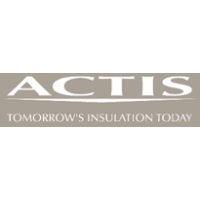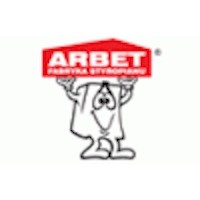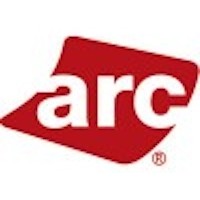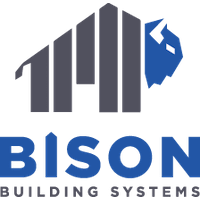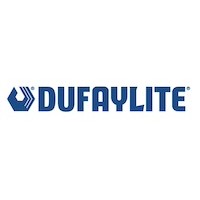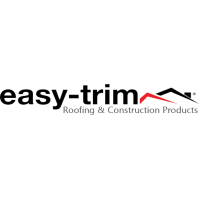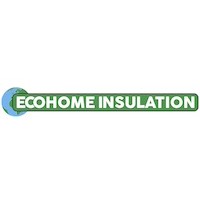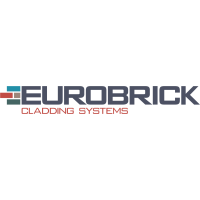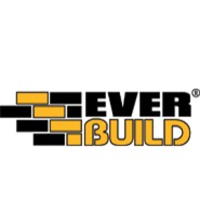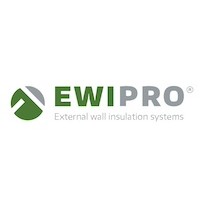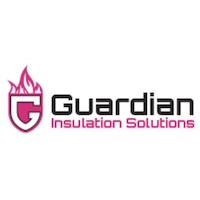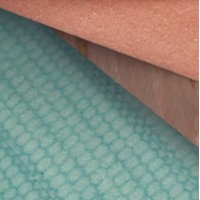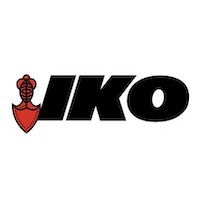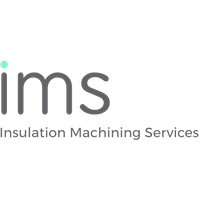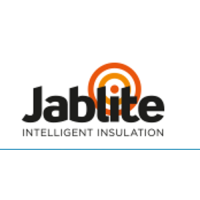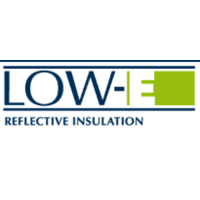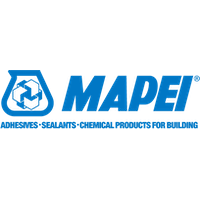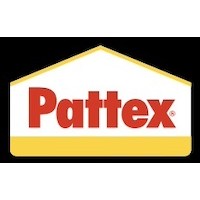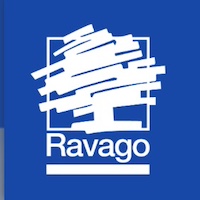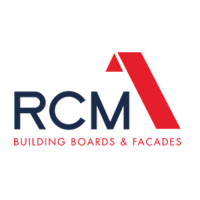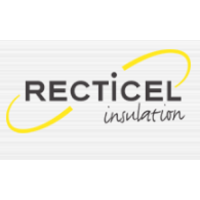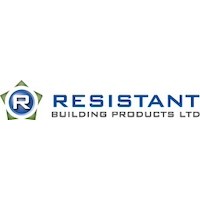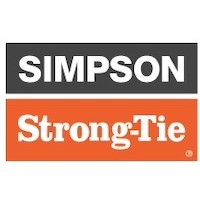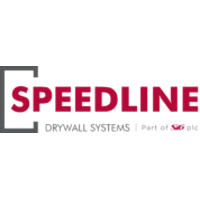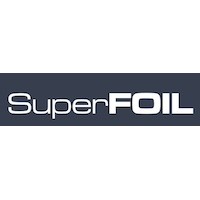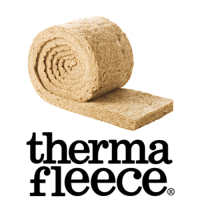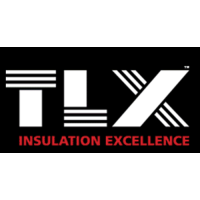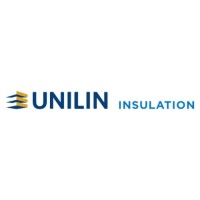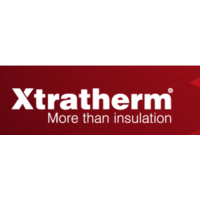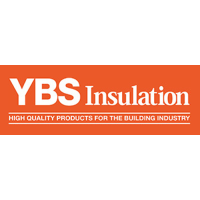Should You Hire a Professional or DIY

Importance of Properly Installing and Maintaining Insulation
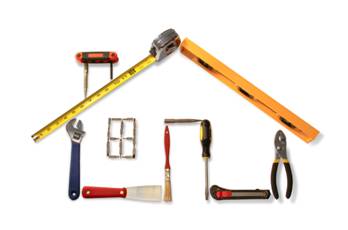
Deciding Between DIY and Professional Insulation Installation
Deciding whether to hire a professional or install insulation yourself is a common dilemma many of us face when considering upgrading our home's energy efficiency and comfort. Once you make the crucial decision to insulate, the question of DIY versus professional installation arises. Two main reasons drive this: concern about whether the installation instructions are too complex to follow, which might lead to mistakes and future problems, and a desire to reduce overall insulation costs, as hiring a professional will inevitably increase expenses. Neither reason should be the sole deciding factor; instead, a careful analysis of all potential risks and benefits is essential before making a final decision. Below, we outline some key points to consider.
Experience and Expertise
The most important factor in your decision is your previous relevant experience. If you have experience with DIY projects, useful guidelines that are easily found online and a pair of skilful hands should suffice. However, if you have no previous experience with insulation installation, you should carefully consider other criteria before proceeding on your own.
Type of Insulation Material
The type of insulation material you plan to use is crucial. Some materials are easier to install and require no special techniques, equipment, or precautions, while others demand more care and expertise. For example, mineral and glass wool insulation comes in slabs, batts, or rolls and can be easily installed in most areas with basic safety equipment such as long sleeves, a face mask, and gloves. These materials do not require special adhesives and can be simply stapled using basic home tools. In contrast, some foam-based insulation materials require specialised equipment and must be handled carefully for proper installation. Certain rigid insulation materials can be installed by either a professional or as a DIY project, provided the boards are carefully transported and handled before and during installation.
Area to be Insulated
The area to be insulated is another important consideration. Some areas pose more danger than others, so it is generally safer to insulate a wall yourself than it is to install insulation in a basement or loft space. In these areas, there are significant safety risks, as well as potential impacts on the stability and structure of your home. If you are dealing with an old, unused basement or loft, you risk injuring yourself during a DIY installation. It is always wise to secure the space and ensure all electrical wiring is addressed, as wires often run through loft spaces, sometimes unprotected, which can be hazardous. Electrical wires may not interact well with certain insulation materials and should never be fully covered, as this can cause fires and compromise the entire structure. Therefore, if you choose not to hire a professional, it is crucial to obtain all relevant information on insulating electrical wires, water tanks, and recessed lights, and take all necessary precautions.
Cost Considerations
While hiring a professional may initially seem expensive, weigh this against potential energy bill savings over time. Professional installers often secure better pricing on materials due to industry connections and ensure maximum energy efficiency. Consider the potential cost of rectifying mistakes made during a DIY installation, which could ultimately exceed the savings from doing it yourself.
Time and Effort
Another aspect to consider is the amount of time and effort you are willing to invest. DIY installation can be time-consuming, especially if you are unfamiliar with the process or encounter unexpected issues. Professionals can complete the job more quickly and efficiently, allowing you to focus on other tasks. Assess your schedule and availability before deciding on a DIY project.
Long-Term Benefits
Properly installed insulation can significantly enhance the comfort of your home, providing consistent temperatures and reducing noise pollution. It also contributes to environmental sustainability by decreasing energy consumption. Investing in professional installation can ensure these long-term benefits are realised.
DIY Resources
If you decide to proceed with a DIY installation, take advantage of the numerous resources available. Many online platforms offer detailed tutorials and videos, guiding you step-by-step through the process. Consider enrolling in a workshop or course to gain practical experience before starting your project.
Safety Precautions
Safety should be your top priority when undertaking a DIY insulation project. Ensure you have the appropriate personal protective equipment, such as gloves, goggles, and masks, to protect against fibres and dust. Ventilate the area properly, and follow all safety instructions provided by the manufacturer of the insulation materials.
Environmental Impact
Consider the environmental impact of the insulation materials you choose. Some materials are more sustainable and have a lower carbon footprint than others. For example, cellulose insulation is made from recycled paper and is an environmentally friendly option. Research different materials to find the one that aligns with your environmental values.
Professional Consultation
Even if you opt for a DIY approach, consulting with a professional before starting the project can be beneficial. They can offer insights into potential challenges specific to your home and provide recommendations for materials and methods that suit your needs. This hybrid approach can combine the cost savings of DIY with the expertise of a professional.
Warranty and Guarantees
When hiring a professional, inquire about any warranties or guarantees offered on their work. A reputable installer should provide assurances on the quality and longevity of the installation, giving you peace of mind that the job has been done correctly and will perform as expected.
Regulatory Considerations
Finally, it is essential to consider applicable regulations. Professionals can provide all relevant information regarding building codes, including recommended materials, R-values, installation methods, and necessary permits and licences. However, if you opt for a DIY project, you will need to manage these aspects yourself.
Improve your home insulation with our high-quality insulation products. Call us today, visit our online store or contact us for assistance by email.

